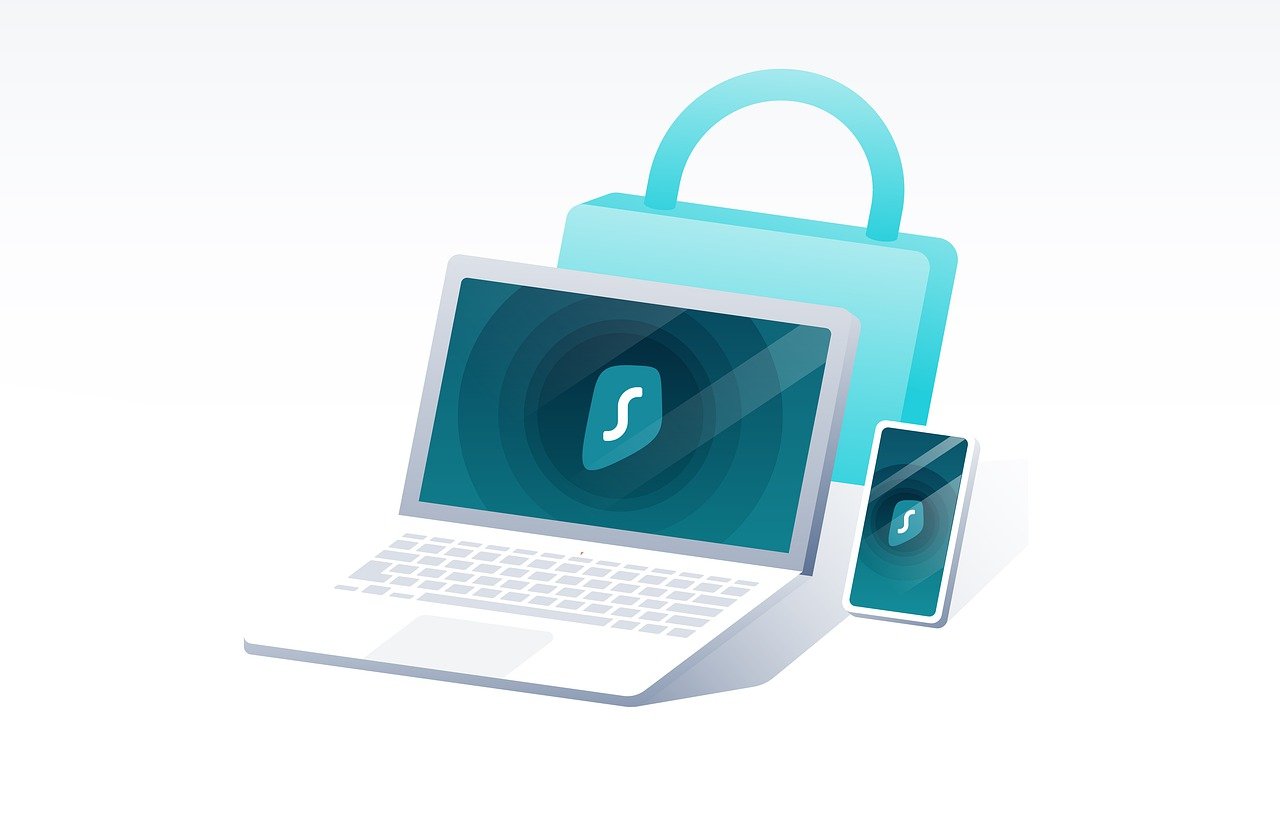As the digital transformation of businesses continues, network security and data protection become more and more important. Many businesses are realising that the use of a VPN (Virtual Private Network) can enhance network security and ease of remote access for employees. However, there are some specific requirements for businesses to use VPN to ensure that they operate securely and reliably. In this article, we will discuss the requirements for the use of VPN, including security, reliability, performance and management considerations.

I. Security Requirements
When enterprises use VPN, security is the primary consideration. Enterprises require VPN must have the following security features:
1. Encrypted communication: VPN must use high-strength encryption algorithms to protect data in the transmission process. The use of encrypted communication prevents sensitive data from being stolen or tampered with while in transit over the Internet.
2. Tunneling: VPN need to support tunneling technology to securely transmit user data traffic to the internal corporate network. Through tunneling technology, enterprises can protect users' data transmitted over the Internet from being intercepted during transmission.
3. User authentication: VPN must support a user authentication mechanism to ensure that only authorised users can access the corporate network. Through user authentication, enterprises can prevent unauthorised users from accessing internal systems.
4. Access Control: Enterprises need to strictly control and manage access to the VPN to ensure that only authorised users can access specific resources and applications.
II. Reliability Requirements
Enterprises have high reliability requirements for VPN to ensure that employees can safely access the corporate network at all times. The following are the requirements for reliability:
1. High Availability: VPN must have high availability to ensure stable operation 24/7. Enterprises cannot tolerate frequent interruptions or instability of VPN services.
2. Fault-tolerance mechanism: VPN needs to have a fault-tolerance mechanism so that when part of the server fails, it can be automatically switched to other available servers to ensure service continuity.
3. Bandwidth management: VPN service providers need to provide sufficient bandwidth to cope with the growing demand for network traffic. Enterprises cannot tolerate network congestion and delays due to insufficient bandwidth.
Third, the performance requirements
Enterprises also have certain requirements for the performance of the VPN to ensure that employees can get a good user experience when accessing the corporate network remotely:
1. Fast connection: VPN needs to provide fast connection speeds to ensure that employees are not subject to delays and lag when accessing internal resources.
2. Low Latency: Enterprises need to ensure that the VPN has low latency to ensure that real-time communication and online collaboration is carried out smoothly.
IV. Management Requirements
When using a VPN, there are some management requirements so that companies can effectively manage and monitor the use of VPN:
1. Logging: VPN service providers need to provide detailed logging so that enterprises can monitor the use of VPN by employees and find abnormal behaviour in a timely manner.
2. User management: The VPN needs to support the enterprise's management of users, including adding, deleting and modifying user account privileges.
3. Security policy: Enterprises need to be able to develop and implement security policies that suit their needs to ensure that the use of VPN meets their security standards and policies.
In summary, enterprises have a range of requirements for VPN use, including security, reliability, performance and management considerations. Choosing a reliable VPN service provider that suits the needs of your organisation can help you achieve secure and efficient remote access, improve employee productivity and protect your network security.
 Email
Email